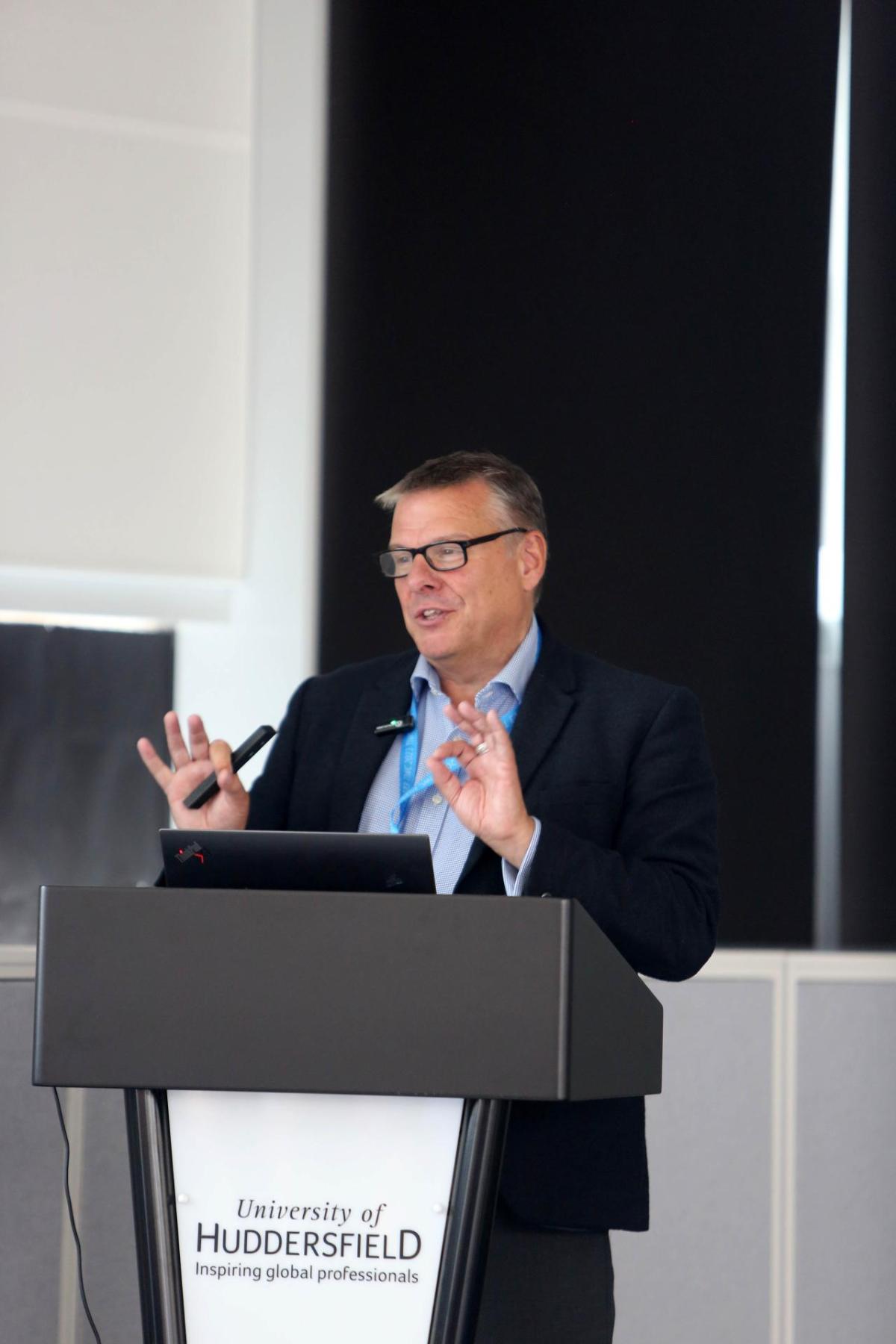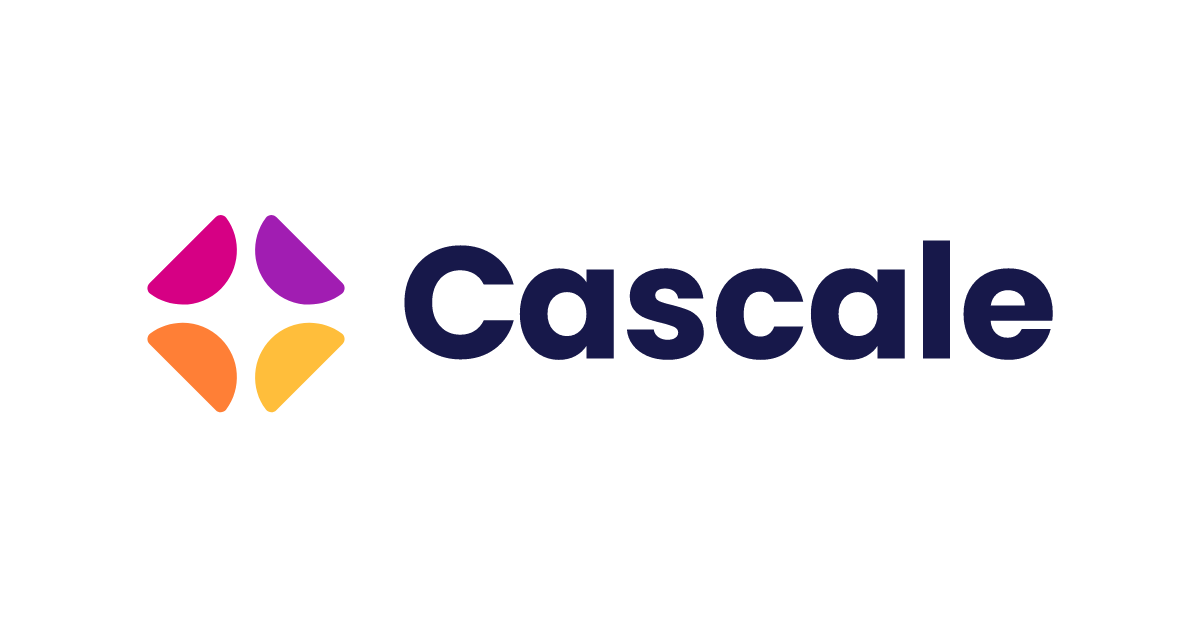Andrew Martin Calls on Academic Community To Be Active Influencers in Driving Change Across the Industry

SAC Executive Vice President Andrew Martin recently gave a keynote speech at the 92nd Textile Institute World Conference (TIWC) 2023, which took place in Queensgate, Huddersfield at the University of Huddersfield on July 3-6, 2023.
Speaking on the topic titled, Vigilance and influence: The role of academia in transforming industry, Martin took to the stage to share specific challenges currently facing the industry in achieving effective and rapid change, which members of the academic community and professional experts have a great opportunity and important role in addressing.
Martin opened his keynote by giving a brief history of the SAC, including the challenges the industry faced while working in silos and the inspiring idea from two unlikely companies that brought the sector together around a universal approach to measuring sustainability performance. Launched as the Higg Index suite of tools, this approach set the industry on a collaborative path towards driving collective action. Reflecting on the progress achieved including in areas such as collaborating with data, insights, capacity building, and more, Martin noted there were still obstacles the industry was facing, which also presented an opportunity for motivating even deeper collaboration.
Martin highlighted persistent challenges in the increase of reports, campaigns, and media stories, based on poor science and unsubstantiated research, which sometimes lack transparency regarding funding or authorship. He explained that this often results in the creation of sustainability and circularity narratives that are not always scientifically sound and do not truly reflect the complexities and nuances of sustainability and circularity, while also lacking the integrity and accuracy critical to drive credible actions.
Acknowledging genuine efforts by stakeholders to contribute to and accelerate change in order to build a sustainable future for the industry and the world, Martin highlighted the risks of employing narratives that create division, pit industry players against each other, and influence civil society, stakeholders, policymakers, and consumers with flawed information.
As an example, Martin highlighted the challenges we face with oversimplification, leading to binary messaging – i.e. “this thing is good and this thing is bad” – and the threat that this poses to slowing or even halting the urgently-needed holistic progress needed across the whole industry.
“The world has reached a critical point in the climate crisis,” Martin said. He then shared three key areas in which we believe the academic community could contribute to solutions with the nuance and clarity that’s necessary to achieve effective progress: materials, policy, and processes, which ensure that rigor, transparency and credibility are upheld. He challenged academics to come together and collaborate on the development of a framework to help expose and eliminate flawed, counter-productive narratives in reports, campaigns, and the media. Finally, he called upon them to leverage their voice and expertise to become active influencers, calling out bad science, spotlighting the more nuanced work, and providing the insights needed to drive positive action.
“We can’t go on relying on shallow soundbites,” Martin said. “We need your knowledge, experience and credibility to drive the change we all want and need to see.” He completed his keynote speech with a clear call to action: Members of the academic community and experts should get involved and to share their knowledge, experience, and credibility to help drive collective change, support collaboration, and ultimately deliver real progress for a better future.
Read more in Andrew’s opinion piece in environmental journal.

